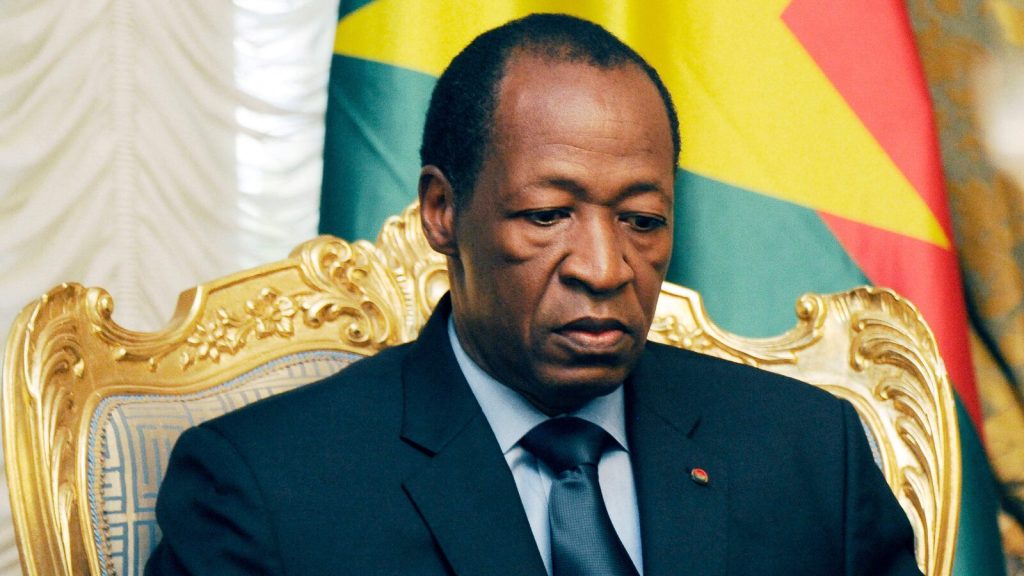Ten years since Compaoré’s overthrow: Burkina Faso’s decade of turmoil
3 min read

Ten years have passed since Blaise Compaoré was ousted from power in Burkina Faso, ending his 27-year rule in a swift and dramatic turn of events. The overthrow was sparked by widespread protests against his attempt to amend the constitution to extend his presidency. On October 30, 2014, masses took to the streets, storming and setting fire to the National Assembly. Just 48 hours later, Compaoré resigned, marking a pivotal moment in the country’s history.
In the years following Compaoré’s departure, Burkina Faso has grappled with profound political instability. The nation has endured three coups, held two presidential elections, and witnessed a staggering increase in terrorist attacks. Initially, there were hopes for accountability regarding past crimes, notably the 1987 assassination of revolutionary leader Thomas Sankara. However, these aspirations were dashed when Compaoré fled to Côte d’Ivoire, where he remains in exile, successfully evading prosecution. He was sentenced to life in prison in absentia for his involvement in Sankara’s murder, yet he continues to escape the legal consequences of his actions.
The security landscape in Burkina Faso has deteriorated significantly over the past decade. The frequency of terrorist incidents has surged, affecting both rural and urban communities. Despite the efforts of new military leaders to bring stability, they have struggled to effectively combat the escalating threat of extremist violence. The rise of armed groups has instilled fear and insecurity among the population, making everyday life a challenge.
The political environment has also shifted dramatically. Civil society organizations and political parties that played crucial roles in Compaoré’s ousting now face severe restrictions. Many voices that once rallied for change have been largely silenced, stifling democratic progress and leaving a void in public discourse.
As Burkina Faso reflects on this somber anniversary, the consequences of a decade marked by turmoil, insecurity, and uncertainty are palpable. The struggles of the past ten years have left the population grappling with economic hardship, increased violence, and a pervasive sense of instability. Many citizens are left questioning the direction of their country and the prospects for a better future.
The ongoing challenges highlight the need for comprehensive solutions to address the root causes of instability. The government must work to strengthen democratic institutions, ensure accountability for past crimes, and engage with civil society to foster a more inclusive political environment. The fight against terrorism requires not only military action but also a focus on addressing social grievances and promoting economic development.
Burkina Faso’s journey over the past decade serves as a stark reminder of the complexities of political change. While the overthrow of Compaoré was a significant victory for many, the subsequent years have revealed the difficulties of establishing lasting stability and governance. As the nation moves forward, it is crucial to learn from the past and actively work toward a future that prioritizes peace, justice, and inclusivity.
In commemorating this anniversary, the people of Burkina Faso deserve recognition for their resilience in the face of adversity. Their calls for justice, accountability, and better governance must not be ignored. As they navigate the ongoing challenges, the hope for a brighter future remains, fueled by the collective desire for a country free from the shadows of the past.
In conclusion, Burkina Faso’s decade since Compaoré’s overthrow has been marked by significant upheaval and uncertainty. As the nation stands at a crossroads, the path it chooses will determine the course of its future. The commitment to rebuilding and restoring hope in the face of adversity will be key to overcoming the trials of the past and forging a new chapter in the nation’s history.